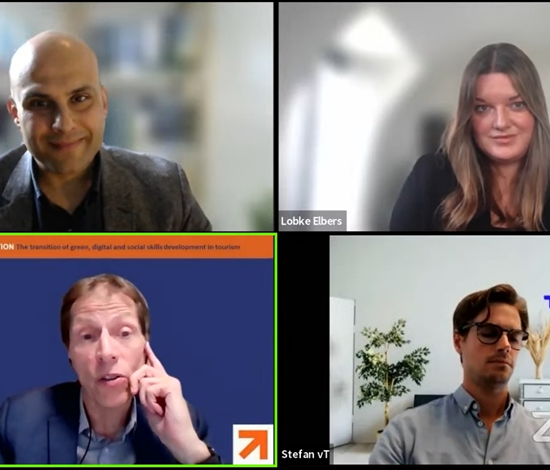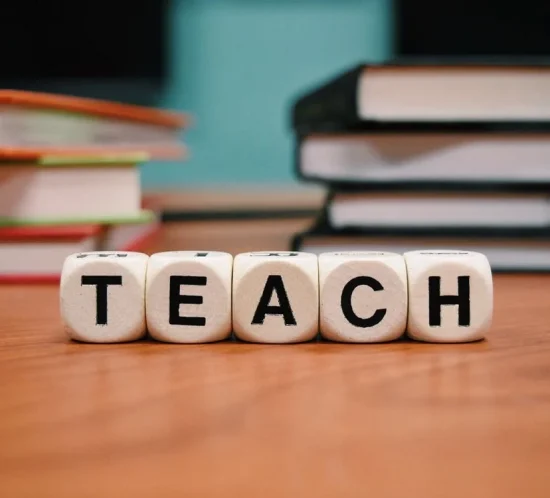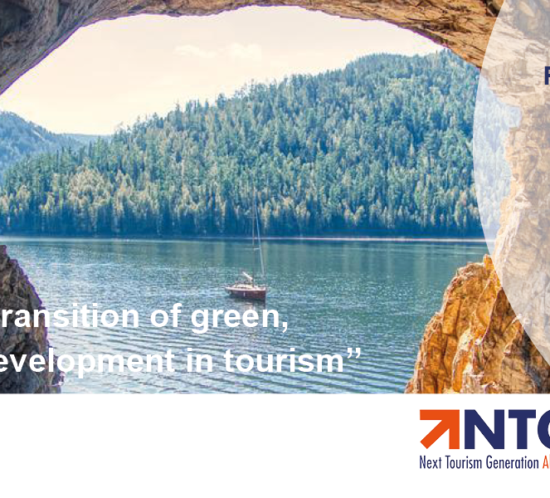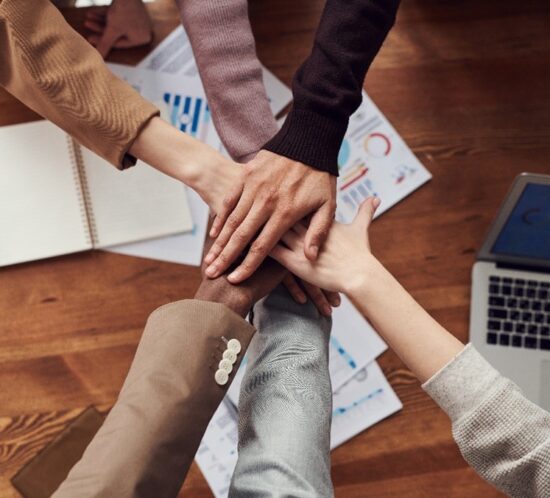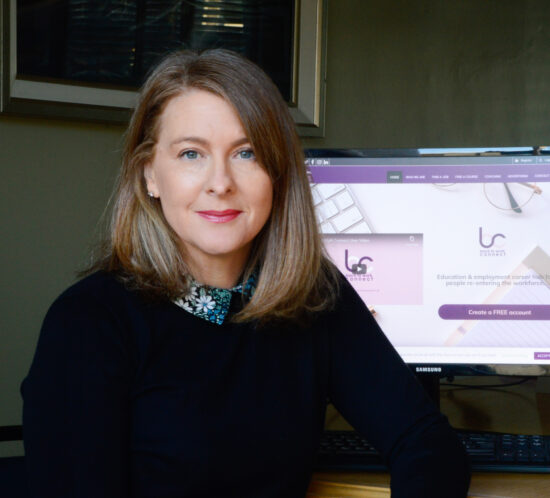Skills Intelligence: the need for research, data collection, monitoring and the Next Tourism Generation Skills Lab
On Thursday, the 9th of June, the Next Tourism Generation Alliance (NTG) hosted the final online conference, ‘The Next Tourism Generation: The transition of green, digital and social skills development.’ All modules were broadcasted live on Youtube, and the audience had the chance to participate, interact and ask questions to speakers and panellists. Georges el Hajal from NHL Stenden, and Stefan van Tulder, Talent Data Labs and Josie both stated the importance of data driven skills development. An innovative research approach is needed to identify upcoming skills gaps and future skills needs.



